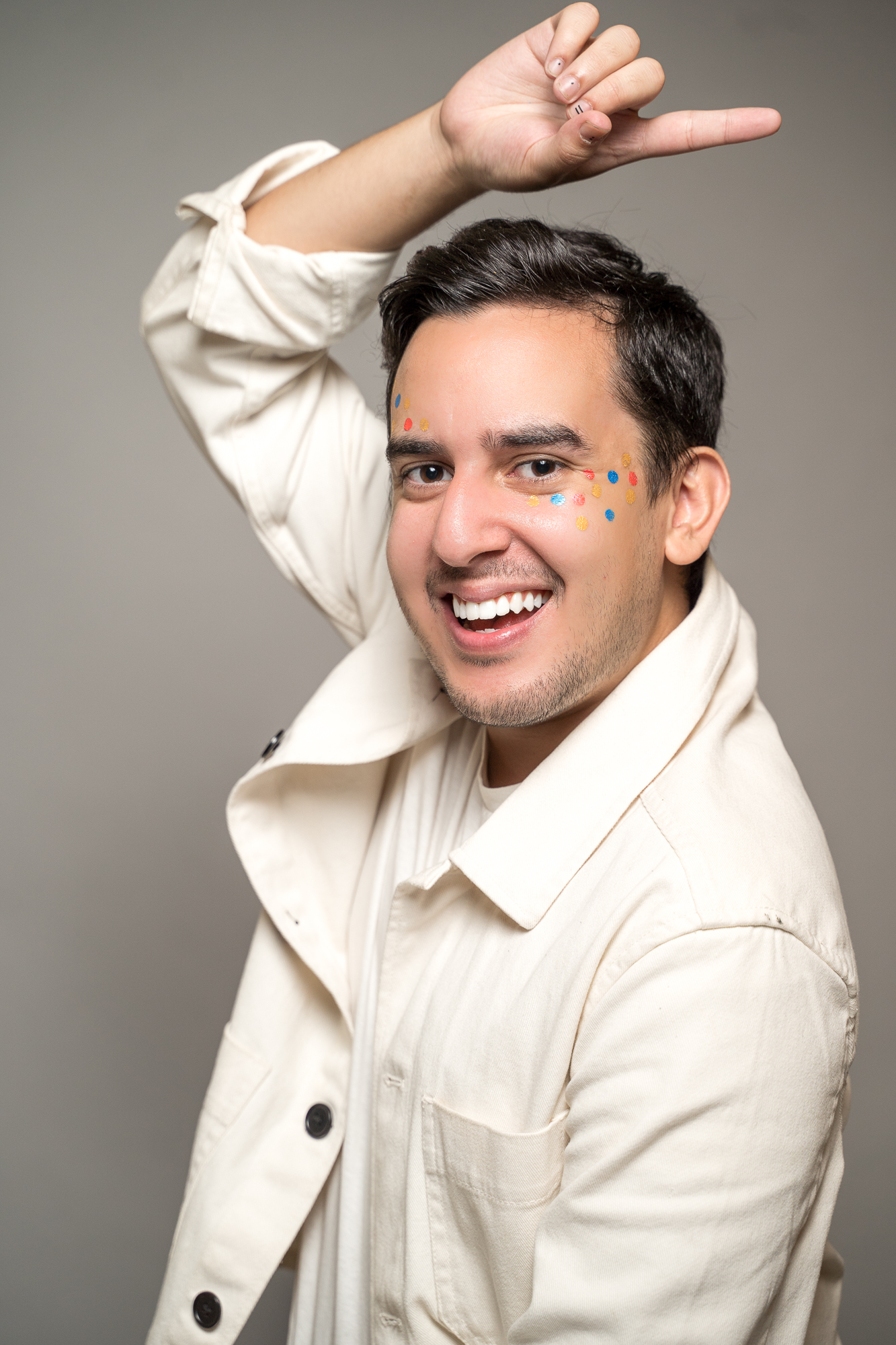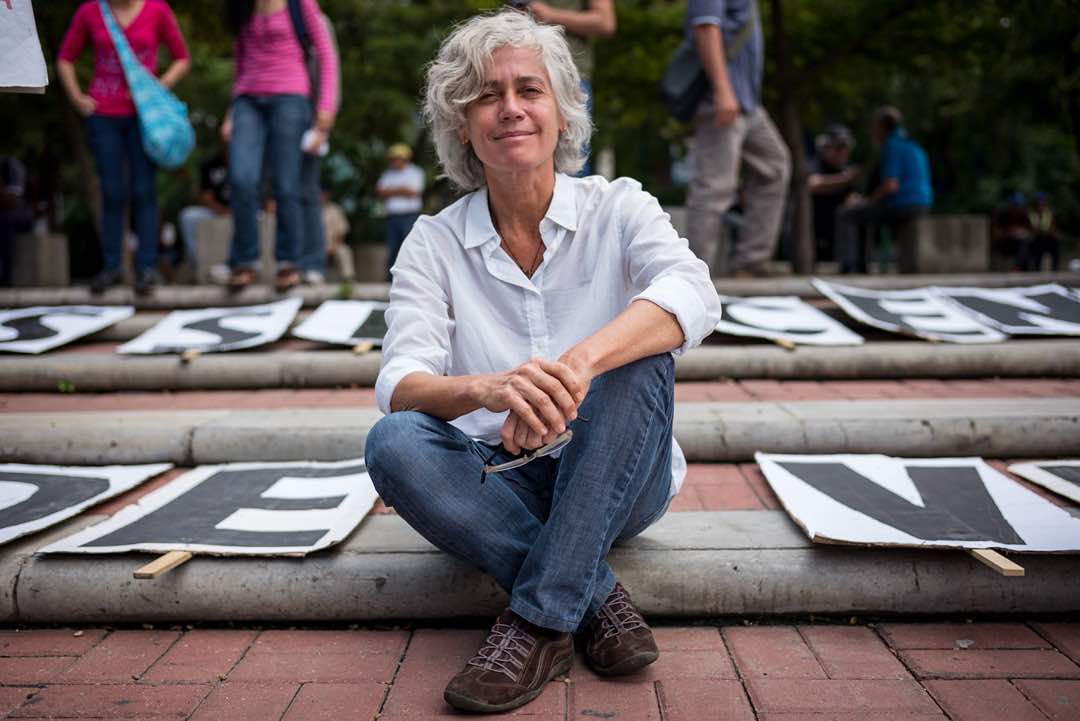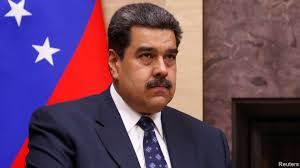The Office of the Prosecutor of the International Criminal Court (ICC) will provide support to prosecutors and judges to punish crimes against humanity that have occurred in Venezuela since 2014 and only after it considers that the so-called “domestic channel” has been exhausted will it decide whether or not to act against civilians and current and former government officials. According to a decision by the Office led by the British jurist Karim Khan, with the approval of the Government of Nicolás Maduro, the ICC will open an office in Caracas.
“The principle of complementarity lies at the heart of the Rome Statute. The national procedures need support and deference, as long as they are effective, genuine and committed,” said Khan on April 1 at the Miraflores Presidential Palace during a joint address with Maduro that marked the end of his second visit to the country in less than four months.
Why an ICC office in Caracas?
Prosecutor Khan informed that the Venezuela office will pursue two main objectives. The first of them is “the provision of technical assistance and knowledge transfer to domestic authorities in Venezuela to support the effective investigation and prosecution at the national level of alleged crimes, and the provision of training and expert advice in order to strengthen implementation of relevant domestic legislation.”
The second objective is to assist Venezuelan authorities in “identifying additional areas in which institutional or legislative frameworks may be enhanced in order to strengthen the ability of competent domestic authorities to ensure the effective administration of justice.”
To achieve both objectives, Khan and Maduro agreed that the members of the Venezuela office will be granted multiple entry visas and that the Office of the ICC Prosecutor will collaborate and share information with representatives of the office of the United Nations High Commissioner for Human Rights that are already in the country.
The ICC: A complementary body
Much like the rest of the international justice organs, the ICC is a “complementary” instance and, therefore, can only act once the domestic organs are not willing to carry out the investigations or the prosecution or are not able to do so, as clearly stated in Articles 1 and 17 of the Rome Statute.
“I am convinced that efforts to deepen cooperation and build common ground across all actors, whether national authorities, survivor groups, civil society or international organizations, can only serve to strengthen the basis on which effective investigations may be conducted, allowing us to collectively forge a path towards justice”, said Khan in a statement after a meeting with Maduro.
How far will Prosecutor Khan go with the ICC office in Caracas?
Some aspects remain unclear. So far, we do not know whether the ICC office in Caracas will also collect information that will allow Mr. Khan’s Office to establish possible individual responsibilities for the arbitrary and mass arrests, enforced disappearances, extrajudicial executions, and torture of people detained for protesting against the Government since February 12, 2014.
Nor did Prosecutor Khan clarify whether the office will supervise the acts of Venezuelan prosecutors and judges and verify that they carried out exhaustive and impartial investigations and bring to justice all those responsible for the crimes that have occurred in Venezuela, something that has not happened so far, according to national and international organizations.
In its most recent oral update, the International Fact-Finding Mission on Venezuela denounced that “domestic investigations, when conducted, are limited in scope and target low-level, material perpetrators. The cases of Mr. Albán and Mr. Acosta Arévalo are examples of this.” National investigations, when carried out, are limited in scope and directed against low-level material authors. The cases of Albán and Acosta Arévalo are examples of this”.
ICC: Where are we and where are we going?
Khan and Maduro’s announcement was welcomed by the Venezuelan Human Rights movement, which deemed it an “important step.” However, it also called on society not to expect immediate results.
“There should be no expectations of automatic results,” said the executive director of the Committee for the Families of Victims of February-March 1989 (Cofavic), Liliana Ortega, who hoped that complementarity is not limited to the authorities but extends to the victims and their families.
“Just as the authorities are allowed to present information, a space for cooperation and exchange with the victims is essential in international criminal law,” said Ortega, who demanded protection for the victims and possible witnesses.
Finally, activist Liliana Ortega pointed out that, at this stage, there is no longer doubt that crimes against humanity have been committed in Venezuela, but we are rather in the phase of determining if the country is capable of investigating and punishing them.
Translated by Jose Rafael Medina




